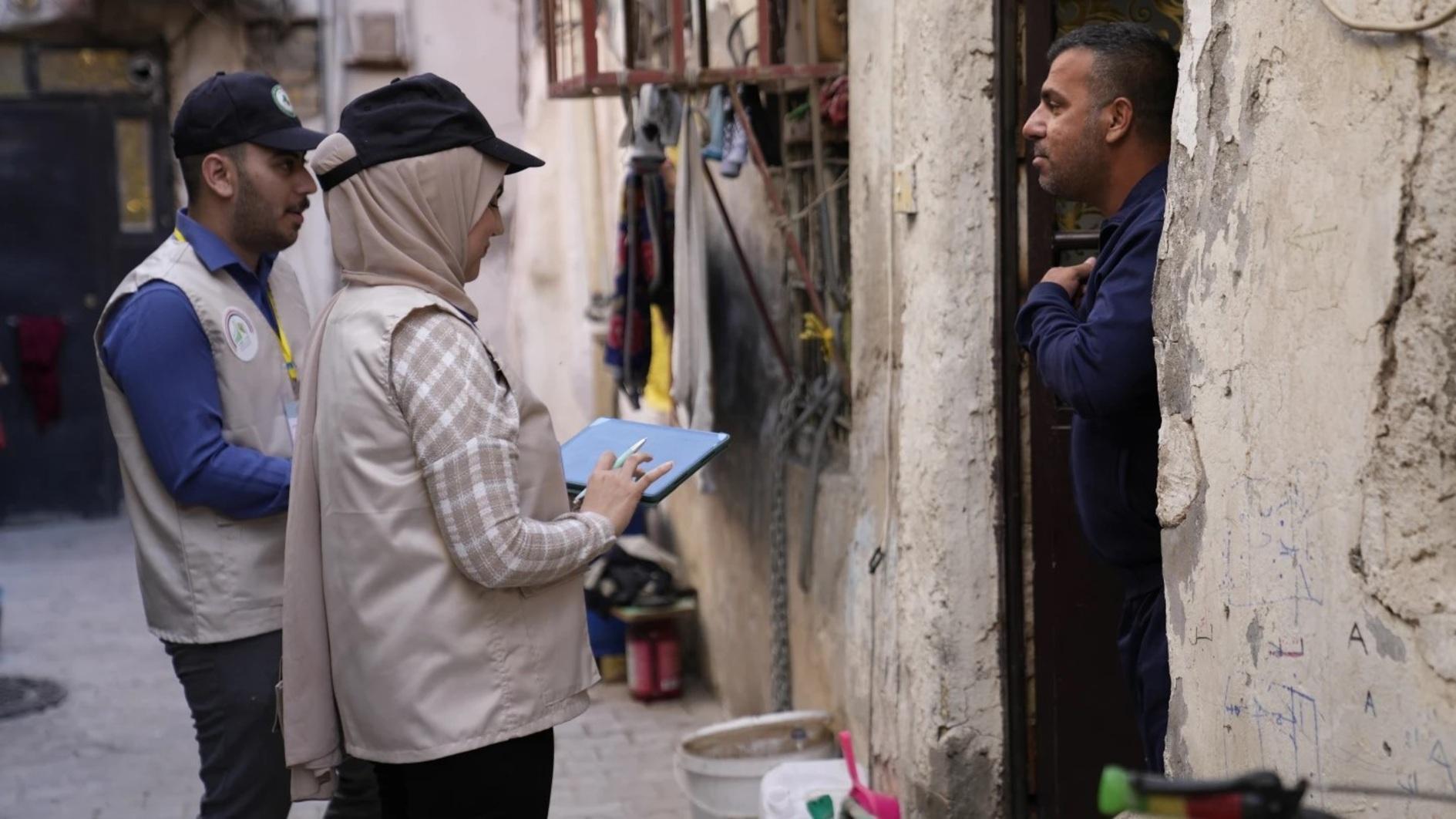Turkey enters a not-so-promising new era
President Recep Tayyip Erdoğan had two victories in two days: His confidant and close aide, Transport Minister Binali Yıldırım, was designated as the sole candidate for the leadership of his Justice and Development Party (AKP); and a constitutional amendment to lift the immunity of 139 lawmakers – mostly from the pro-Kurdish Peoples’ Democratic Party (HDP) - was approved with the support of 376 MPs, meaning that there will be no need for a referendum on the change.
Yıldırım’s selection as the new AKP leader and therefore the next prime minister marks an important milestone for Turkish politics. In his first message on May 19, Yıldırım said he would seek to maintain “full harmony,” particularly with President Recep Tayyip Erdoğan as the real leader of the AKP. For most pundits and politicians in Ankara, Yıldırım is expected to act more like a vice president than a prime minister, unlike his predecessor Ahmet Davutoğlu, who lost his seat for wanting to use all his powers and authorities as the prime minister.
The leadership change will bring about a reshuffle both in the government and in the AKP management. Most observers predict that both will be reformed in a way to give Erdoğan full control over them. This will allow Erdoğan and his AKP to further press ahead for a constitutional change, in line with his insistent demand to institutionalize the de facto political system that Turkey has been experiencing since Aug. 10, 2014, the day Erdoğan was elected as the head of state.
In this new era, a package of constitutional amendments - to be drafted by the AKP and introduced to parliament – will either seek a complete overhaul of the constitution or will bring about a limited change to allow the president to keep his ties with his AKP. In either case, the AKP will still need the votes at least of 14 lawmakers from other parties. It has particularly been looking for signals from the Nationalist Movement Party (MHP).
Amid the big ongoing fight with intra-party dissidents, MHP leader Devlet Bahçeli would likely offer his support to the government, as his fate lies in the hands of the government-controlled justice system.
Erdoğan’s second win was on the immunities. It was he himself who proposed lifting the immunities of “terrorism-linked” lawmakers earlier this year, though departing Prime Minister Davutoğlu was not very keen on supporting the idea, on the grounds that it would further destabilize the country. With the passing of the immunities amendment by parliament, Erdoğan has apparently shown once again that he is still able to control the agenda of parliament and thus successfully navigate Turkish politics.
However, while all this has been going on in Ankara, violence in the east of Turkey has continued to escalate, with more troops being killed by the outlawed Kurdistan Workers’ Party (PKK). One of the world’s most dangerous terror organizations, the PKK even recently shot down a Turkish military chopper using a surface-to-air missile system.
The PKK has long vowed to intensify its attacks across Turkey, and the potential arrest of some HDP lawmakers will certainly have an effect on rising violence in the country. Political victories in Ankara have no validity at all in other parts of the country, where the fight against terror continues with increasing numbers of casualties every day.
Sunday’s convention of the ruling AKP will surely start a new era for Turkey, but the conjuncture does not look too promising.











